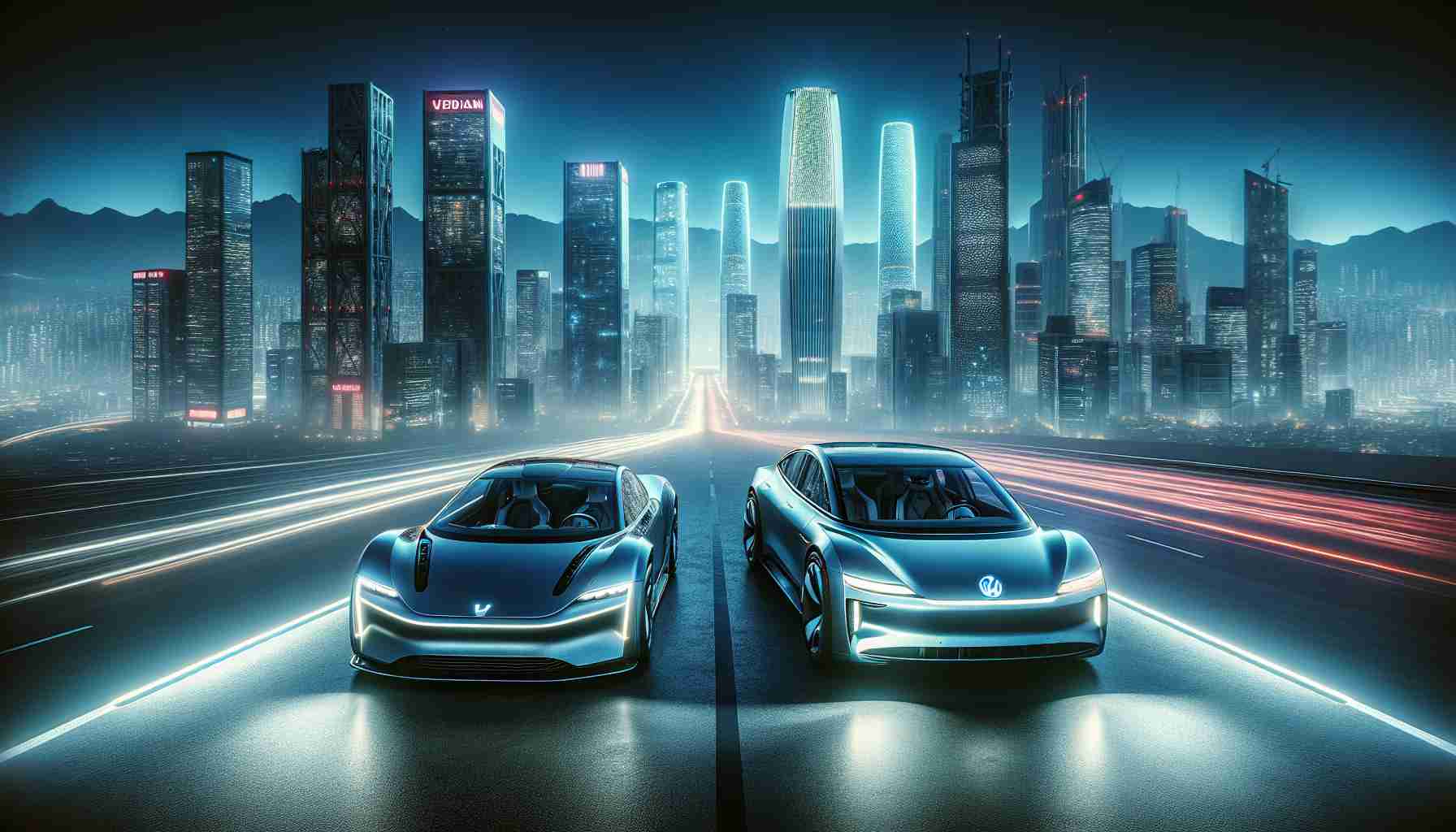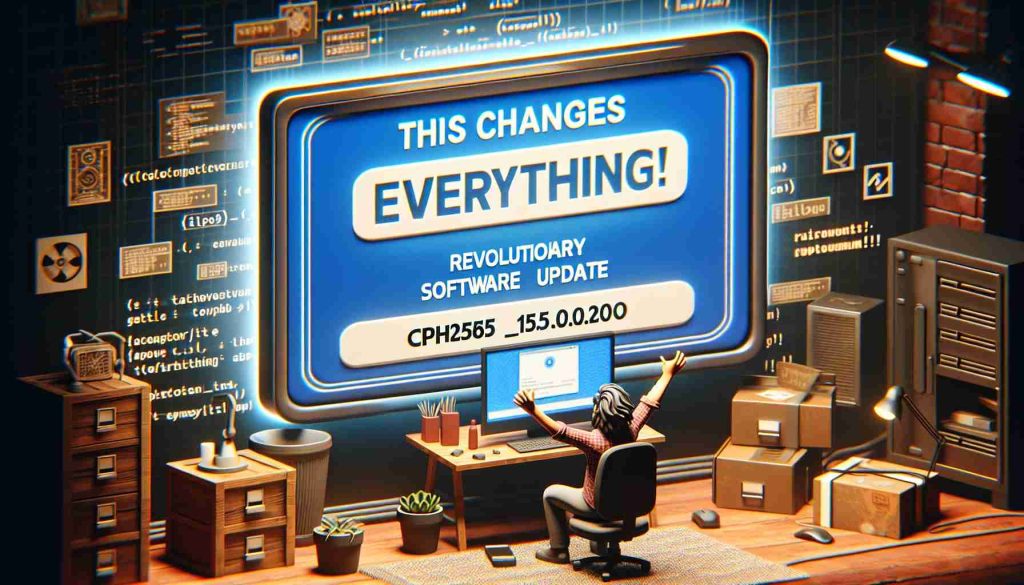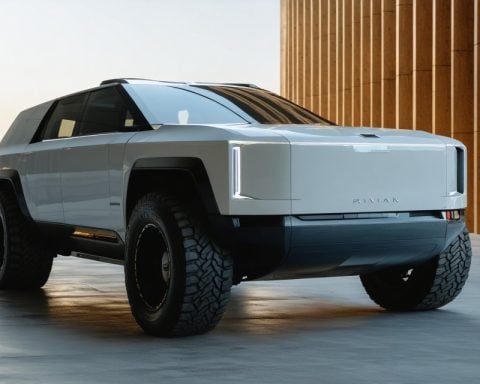In a groundbreaking move, Rivian and Volkswagen have teamed up in a colossal $5.8 billion deal, setting the stage for a new era in electric vehicle (EV) development. Known for its bold innovations, Rivian is now partnering with one of the world’s largest automakers to introduce its pioneering “zonal” EV architecture.
A Strategic Alliance with Staged Payments
The partnership details a phased investment plan linked to specific performance milestones. Initially, Volkswagen invested $1 billion back in June 2024 and received a convertible note that will turn into Rivian stock by December 1st. This week, Volkswagen contributes an additional $1.32 billion to mark the closing phase of the agreement.
Future payments are contingent on Rivian achieving key targets, such as two quarters of gross profit expected by 2025 and successful winter testing in 2026. There’s also a planned $460 million payment upon production milestones or by early 2028.
Transformative Technology and Market Impact
Rivian’s zonal architecture, a core element of the partnership, is set to debut in their R2 SUV, offering a versatile platform for a range of EV sizes. Volkswagen plans to incorporate this technology across its premium brands like Porsche and Audi, eventually expanding to more accessible Volkswagen models.
While Rivian retains exclusive rights to its electric motors and autonomous technology, the collaboration promises potential for tech licensing to other automakers.
Investor Confidence and Financial Resilience
This deal reassures Rivian’s financial stability through regular capital infusions, easing shareholder concerns. Rivian shares surged by 18.3%, reflecting the market’s positive sentiment toward the strategic partnership.
Today’s announcement marks a significant step for Rivian, highlighting its transformation into a key player in the global automotive sector, backed by Volkswagen’s substantial validation of its business direction and technological innovations.
How Rivian and Volkswagen’s Partnership is Set to Electrify the Global Market
In an unprecedented collaboration, Rivian and Volkswagen’s $5.8 billion partnership not only promises to shift the landscape of electric vehicle (EV) development, but it also brings forth new dynamics that are set to affect people, communities, and countries worldwide. Beyond the headlines, this partnership is laden with facts and potential controversies that could intrigue even the most casual observer.
A Deep Dive into Global Influence
What might surprise many is how this merger could impact global EV markets. Rivian, known for its adventurous, off-road electric vehicles, partners with an industry giant like Volkswagen—a move that could redefine vehicle design standards across continents. For instance, Rivian’s zonal EV architecture emphasizes modularity, allowing for broader customization, thus appealing to a wide range of markets from rugged terrains in the United States to the compact urban streets of Europe and Asia.
This partnership model showcases a trend where traditional automakers partner with tech-driven companies, potentially reducing the time to market for advanced EV technology. The alliance suggests a shift towards more collaborative approaches in the auto industry, moving away from wholly competitive strategies.
Interesting Facts and Emerging Controversies
Did you know that Rivian’s zonal architecture could potentially support autonomous driving advancements more effectively than existing frameworks? This technological leap proposes a future where EVs not only drive you but adapt to your needs dynamically. However, it isn’t without controversies. Critics argue this architecture might increase production costs, making EVs less accessible to budget-conscious consumers. There’s an impending debate on whether the investment in high-tech features will overshadow the need for affordable EV options.
Additionally, the environmental impact remains a hot topic. While EVs are often marketed as eco-friendly, the production processes and battery disposal concerns pose challenges that need immediate addressing. Will companies prioritize sustainable practices as much as technological advancement?
Advantages and Disadvantages Explored
Advantages:
1. Technological Innovation: The collaboration sets a new standard for EV technology, introducing cutting-edge solutions that enhance user experience and vehicle efficiency.
2. Market Growth: By merging expertise, Rivian and Volkswagen are poised to accelerate the penetration of EV markets globally, benefiting economies through job creation in technology sectors.
3. Financial Security: The deal mitigates financial risks through phased investments, allowing for sustained innovation and long-term planning.
Disadvantages:
1. Cost Implications: High development costs for advanced technologies could translate to more expensive vehicle prices, affecting consumer accessibility.
2. Environmental Concerns: Critical challenges in waste management and resource utilization for EV production continue to pose environmental questions.
3. Market Dominance: The alliance may stifle competition, leading to a market where only a few large players dominate, potentially leading to less innovation.
Addressing Common Questions
– How will this affect the average consumer?
While technological advancements mean cars can offer more features, there’s concern these innovations may drive up costs, limiting affordability for the average consumer.
– What about jobs in the automotive sector?
The partnership likely means expansion, particularly in tech-related automotive jobs. However, traditional roles might face reductions due to increased automation processes.
In conclusion, the Rivian-Volkswagen partnership is a microcosm of the evolving automotive landscape, balancing innovation with cost, sustainability with production demands, and collaboration with competition. This partnership not only points to a future filled with technological potential but also asks critical questions about the direction our world should take in the pursuit of progress.
For further information, explore these links: Rivian, Volkswagen.























